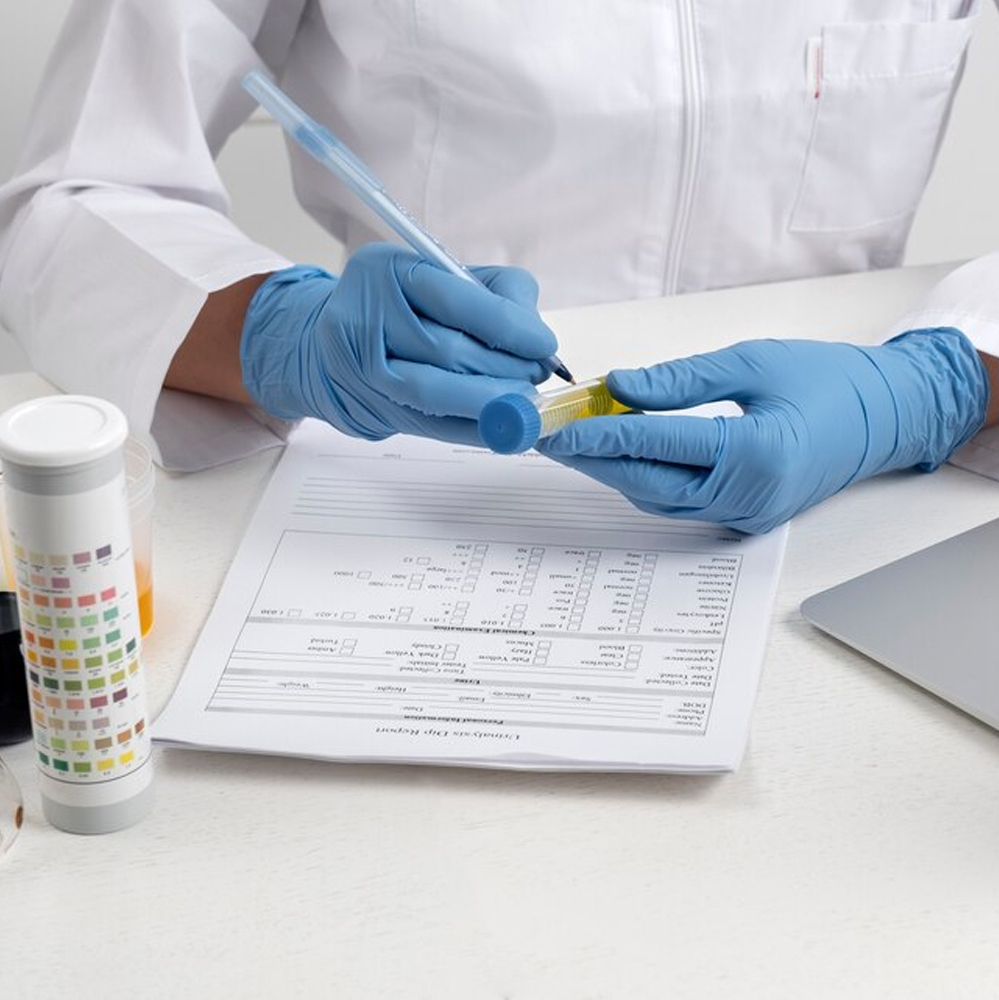


Hormones, the body’s chemical messengers, regulate a vast array of functions, from metabolism and growth to mood and reproduction. Their delicate equilibrium is essential for optimal health. While genetic and lifestyle factors influence hormone levels, diet plays a pivotal role in maintaining hormonal balance.


Prioritize whole foods : These provide essential nutrients and fiber.
Balance macronutrients : A suitable ratio of carbohydrates, proteins, and healthy fats is crucial.
Control portion sizes : Avoiding excessive calories helps maintain a healthy weight.
Hydrate adequately : Water is essential for various bodily functions, including hormone regulation.
Limit processed foods : These often contain added sugars, unhealthy fats, and additives that can disrupt hormonal balance.
A well-balanced diet is instrumental in supporting hormonal health. By providing essential nutrients, regulating metabolism, and reducing inflammation, a nourishing diet can help maintain hormonal equilibrium. While individual needs vary, incorporating whole foods, managing portion sizes, and minimizing processed foods are general principles that can benefit most people.
A Hormone Hub Clinic, with its specialized focus on hormonal health, is uniquely positioned to provide comprehensive guidance on diet and nutrition for optimal hormonal balance. Here’s how
In-depth analysis : We conduct detailed assessments of your dietary habits, including food preferences, allergies, intolerances, and current eating patterns.
Identifying nutritional gaps : By analyzing your diet, we pinpoint any nutrient deficiencies or excesses that may be impacting your hormonal health.


Comprehensive evaluation : Hormonal imbalances can manifest in various ways. Through specific hormone tests, we can identify underlying hormonal issues that may require dietary adjustments.
Tailored recommendations : Based on the test results, we create a diet plan that directly addresses your hormonal imbalances.
Individualized approach : Understanding that everyone is unique, we develop personalized dietary plans that align with your lifestyle, preferences, and health goals.
Holistic perspective : Our diet plans consider not only your hormones but also overall well-being, including digestive health, weight management, & energy levels.


Regular check-ins : We provide ongoing support and monitoring to track your progress and make necessary adjustments to your diet plan.
Education and guidance : We educate you about the connection between diet and hormones, empowering you to make informed food choices.
Integrated approach : We collaborate with other healthcare providers, such as endocrinologists or gynecologists, to ensure a comprehensive approach to your hormonal health.
Optimized care : This collaborative effort can help create a more effective treatment plan that includes both dietary and medical interventions.
By leveraging their expertise in hormonal health and nutrition, we provide invaluable guidance in designing a diet that supports optimal hormonal balance and overall well-being.
